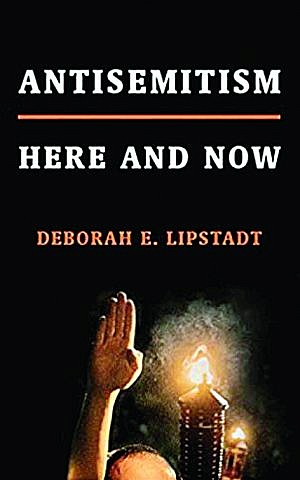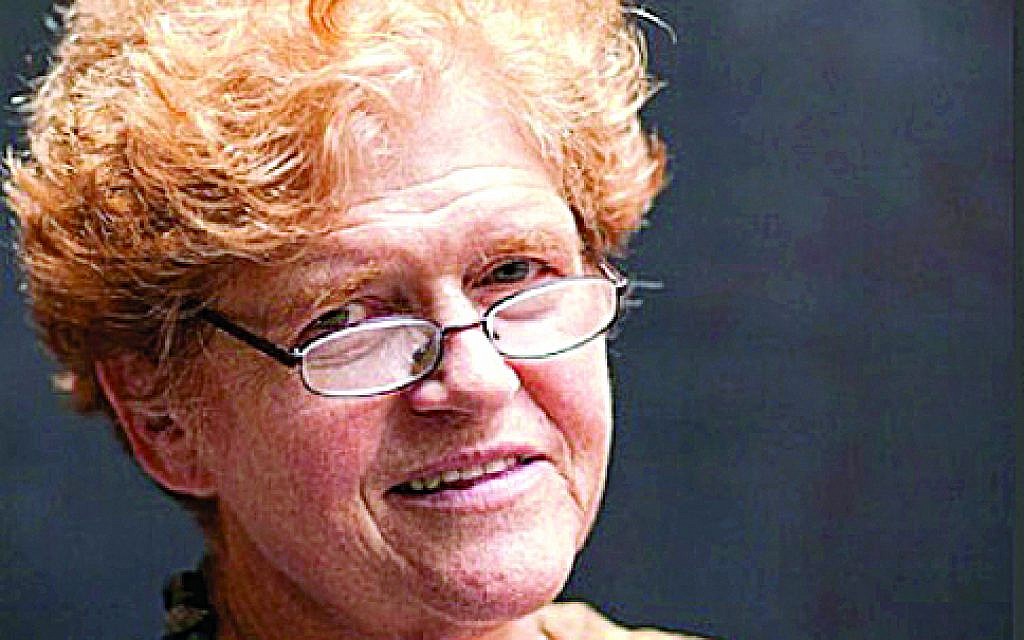Deborah Lipstadt: Be Careful with Holocaust Labels
Lipstadt believes we should be careful when trying to label or draw analogies between current events and the Holocaust.
American historian Deborah Lipstadt believes we should be careful when trying to label or draw analogies between current events and the Holocaust. She cautions against comparing the two as it downplays history.
Lipstadt, a noted author and professor of Jewish and Holocaust studies at Emory University, gave her annual Tisha B’Av lecture on Sunday at Young Israel of Toco Hills, titled: “Holocaust Laws, Holocaust Analogies: Using or Abusing the Past?”
Her question to the audience of about 100: “When does an analogy work and when doesn’t it work?”
Get The AJT Newsletter by email and never miss our top stories Free Sign Up
It is important to study history, she said. “History is a lesson. We learn things from history. We compare, we contrast … no event is absolutely similar,” she said.
Lipstadt defined the Holocaust as “state-sponsored genocide” and explained, “You can have genocide that is not state-sponsored.”
She understands that the “historical narrative” is often distorted and changed. It is important to recognize this, she said, and confront ignorance and lies and know that there are absolute truths, such as the Holocaust did in fact happen.
Lipstadt said she is disturbed with the politicization of the Holocaust. “It’s dangerous to take one of the greatest tragedies of the Jewish people and compromise it for political purposes.”
The Holocaust and the scope of its devastation and tragedy is incomparable and “if we are going to acknowledge what they [the Jews] went through — it was horrific.”
She also spoke about Israel. “It is a miracle today that Jews have someplace to go.”
In terms of Israeli conflict, she said, “We hear things about Palestinian genocide … even to someone who totally disagrees with Israel’s policies — thinks that they are strategically wrong, thinks they are morally wrong, thinks they are just wrong — to make a comparison of a genocide is just historically fallacious.”
Lipstadt calls for responsible reasoning. “We have places where analogies work; we have places where analogies don’t. We have to be careful about nuance of history. Sometimes we feel ‘this is akin to a Holocaust’ but we have to stop and ask, ‘is it really so?’”
She recognizes that present-day civil rights abuses and injustices, “can be bad; it can be horrible; it can make our blood-boil, but is it akin? Are these the right words to use?”
The analogies and labels probably aren’t justified, she said. “I think we owe it to history, I think we owe it to the survivors and I think above all we owe it to the victors.”

Lipstadt is the Dorot Professor of Modern Jewish History and Holocaust Studies at Emory University. She won the 2006 National Jewish Book Award for “History on Trial: My Day in Court with a Holocaust Denier.” Lipstadt also wrote “Denying the Holocaust: The Growing Assault on Truth and Memory” and “The Eichmann Trial.” Her latest book will be released in February 2019, “Anti-Semitism: Here and Now.”




comments